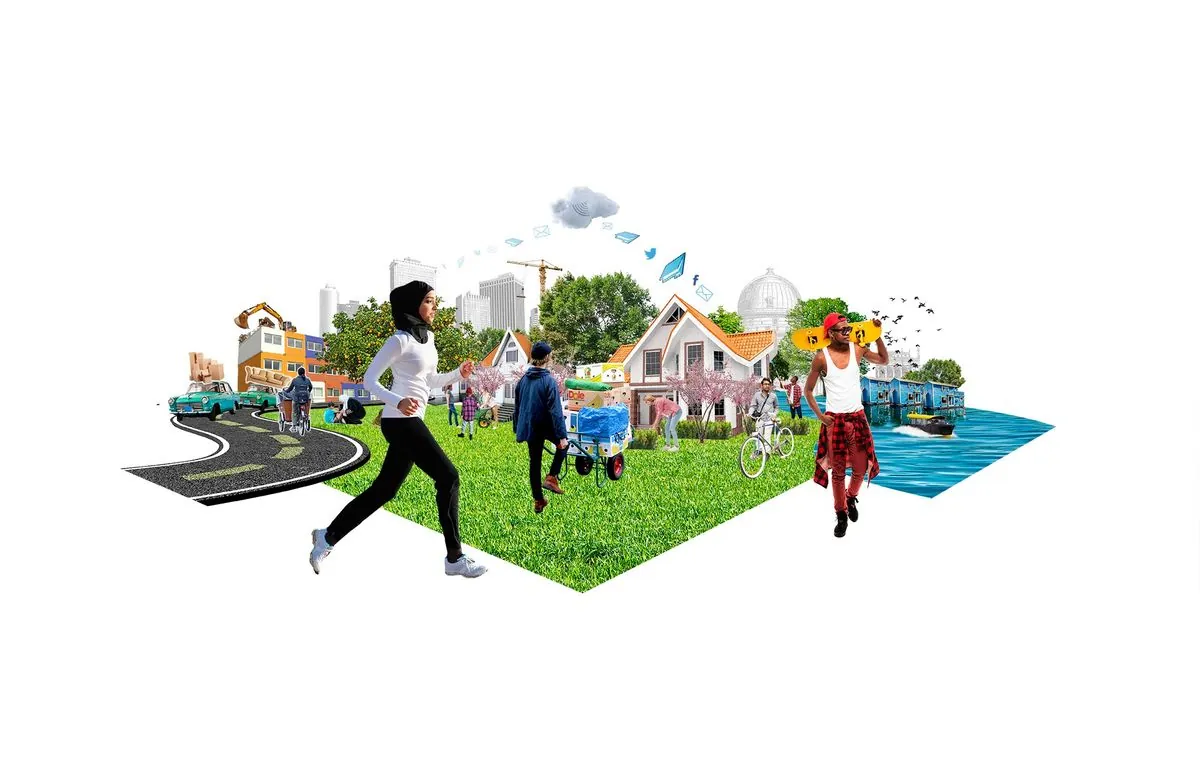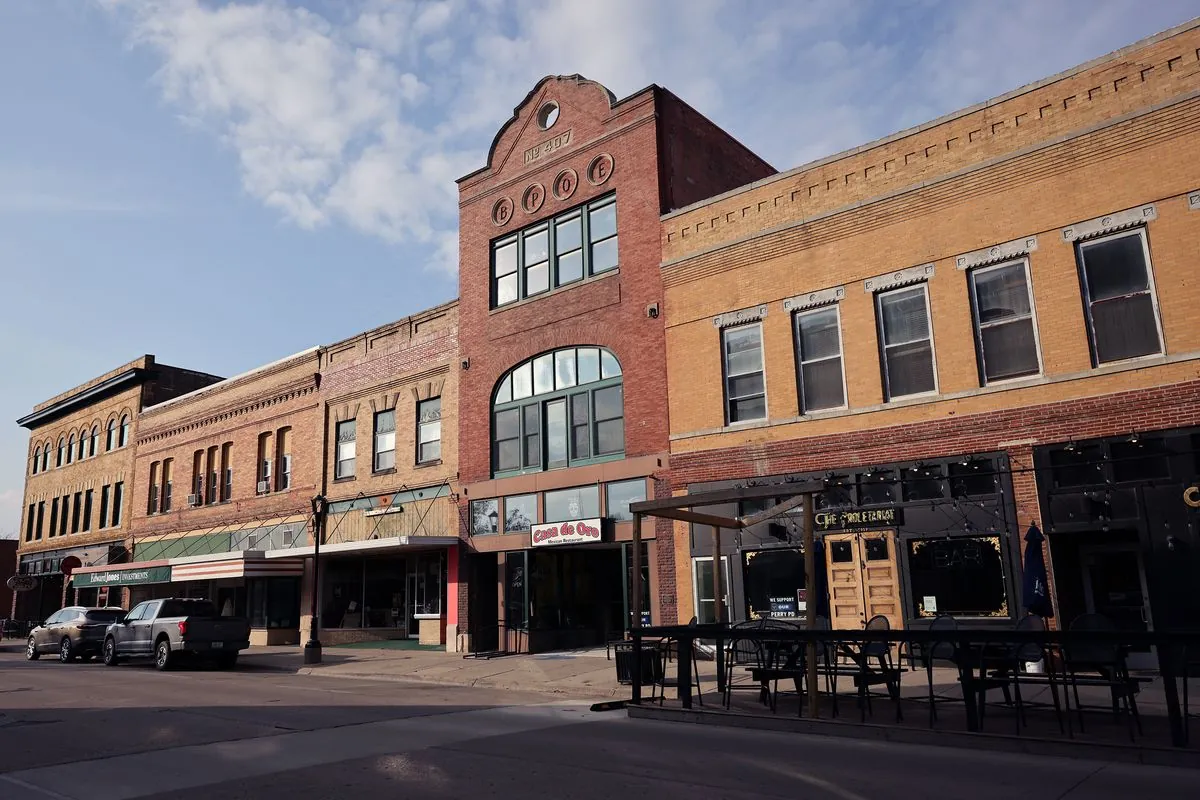Global Migration Tensions Rise as Cities Grapple with Influx Challenges
Anti-immigrant sentiment grows in Western democracies, while cities worldwide face practical challenges of integrating newcomers. Mayors seek pragmatic solutions amid political rhetoric and climate-induced migration concerns.

In recent years, migration has become a contentious issue globally, fueling political debates and shaping public opinion. The rise of anti-immigrant sentiment in Western democracies has been particularly notable, with far-right parties gaining traction on platforms that prioritize strict immigration control.
In Austria, the far-right Freedom Party recently secured a victory in national elections, campaigning on a stringent anti-immigrant platform. This trend is not isolated to continental Europe. In the United Kingdom, a significant majority of voters now believe the country has admitted too many migrants over the past decade. Even traditionally welcoming nations like Canada are experiencing a shift in public opinion, with support for increased migration declining.
The United States, home to the world's largest immigrant population of about 50.6 million as of 2020, is witnessing a particularly stark divide. According to recent polls, a majority of Republicans now view increased racial and ethnic diversity as a threat to the country, a significant jump from just five years ago. This sentiment has been exacerbated by misinformation and inflammatory rhetoric from political figures.

The impact of this rhetoric on local communities can be severe. In Springfield, Ohio, false stories about Haitian migrants led to bomb threats, school closures, and a surge in racist sentiment. Rob Rue, the city's Republican mayor, expressed frustration with national politicians misrepresenting the situation and inciting hate against community members.
However, amid this charged atmosphere, many city leaders are advocating for a more pragmatic approach to migration. Sadiq Khan, the mayor of London and co-chair of C40 Cities, emphasizes the need to challenge misinformation and focus on real solutions rather than scapegoating immigrants.
Cities in the developing world are at the forefront of managing large-scale migration. Bogotá, Colombia's capital, has received approximately one million Venezuelan migrants in less than a decade. Carlos Fernando Galán, the city's mayor, highlights the challenges and opportunities presented by this influx. While acknowledging concerns over crime, Galán emphasizes the positive contributions of migrants to the local economy.
"Yes, we have people from Venezuela who commit crimes, but we have many more from Colombia who commit crime. I see politicians trying to use the situation to advance their political position, but this doesn't solve the problems we actually have. It doesn't see the opportunities that we could have."
The scale of future migration, particularly due to climate change, is daunting. The C40 Cities network projects that 8 million climate-displaced individuals could end up in just 10 major cities in the Global South if current trends continue. Dhaka, Bangladesh, alone may receive 3 million climate migrants by 2050.
As cities grapple with these challenges, international cooperation and support are crucial. The Mayors Migration Council, a network linking municipal leaders worldwide, is working to develop partnerships and share experiences in managing migrant influxes. Their efforts underscore the need for a balanced, fact-based approach to migration that recognizes both its challenges and potential benefits.
With projections indicating 1.6 billion new urban residents worldwide by 2040, primarily in countries least prepared for such growth, addressing migration issues is more critical than ever. As national debates often focus on border control and entry policies, it is ultimately cities that must manage the practical implications of migration and integration.
In the face of growing anti-immigrant sentiment and political polarization, city leaders are calling for more nuanced, pragmatic solutions. They emphasize the need to separate criminality from migration, recognize the economic contributions of newcomers, and develop strategies to integrate migrants effectively into urban life.
As the global community grapples with the complexities of migration, it is clear that solutions must go beyond rhetoric and address the real-world challenges and opportunities presented by human movement. The experiences of cities like Bogotá and the efforts of international networks like C40 Cities offer valuable insights for developing more effective and humane approaches to migration in our increasingly interconnected world.


































